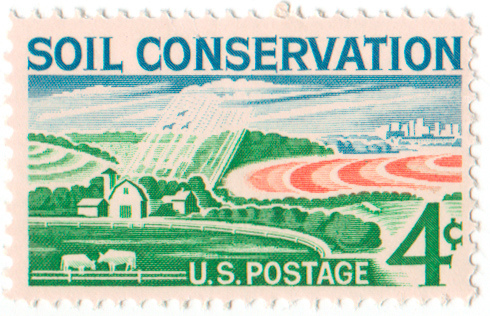A study carried out by the Italian National Research Council revealed the important function of some microorganisms able to metabolize toxic elements employed in agriculture, reclaiming soil and water.
A group of Italian researchers identified a bacterial strain able to clear soil from pesticide residues. This strain has been isolated from pesticide-treated soil samples. It is a natural occurring bacteria: the Rhodococcus wratislaviensis, able to mineralize herbicide such as terbuthylazine, which is one of the most common pesticide worldwide. Unfortunately, these toxic substances tend to persist in the environment and their use in agriculture in one of the most common cause of soil and water contamination. The surveys carried out revealed the presence of these microorganisms in pesticide-treated soil, then it can be assumed that this bacterial strain naturally developed this capacity to suit to the environment. In other words, these bacteria transform the toxic elements presence in an advantage by the production of enzymes able to mineralize these compounds, which are transformed into nutrients for their growth. The wide diversity of microbial metabolism makes microorganisms an innovative and sustainable solution for agricultural problems. In other words, they represent a new approach to farm management, from pest control to water management and soil fertility.
- See more at: http://www.biovegetal.it/eng/desc_news.php?id=104&titolo=Microorganisms…

- Log in to post comments
